Strong credit growth
At the State Bank's meeting on the results of the first 6 months of the year and the implementation of tasks for the last 6 months of this year on the morning of July 8, Deputy Governor Pham Thanh Ha said that based on the growth and inflation control targets for 2025 assigned by the National Assembly and the Government, the State Bank expects credit growth for the entire system to be about 16%, with flexible adjustments according to reality. The State Bank has also assigned credit targets to each bank from the beginning of the year, with the principle of publicity and transparency.
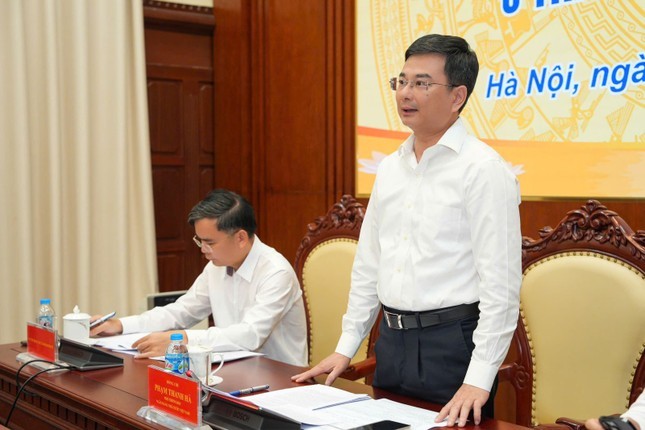
According to Deputy Governor Pham Thanh Ha, as of June 30, credit in the entire economy had reached over VND17 quadrillion, up 9.9% compared to the end of last year, mainly focused on priority sectors and production and business.
If calculated in absolute numbers, after only half a year, nearly 1.55 million billion VND of outstanding credit balance has been pumped into the economy, equivalent to nearly 260,000 billion VND/month.
Compared to the same period in 2024, this figure increased by 19.32%, also the highest credit growth since 2023.
According to the State Bank, by the end of May, agricultural and rural credit had increased by 5.3% compared to the end of 2024, accounting for 23.1% of the economy's outstanding debt; small and medium enterprise credit increased by 5.7%, accounting for 17.5% of total outstanding debt; export credit (excluding corporate bond investment) increased by 2.9%, accounting for 2.06% of total outstanding debt; supporting industry credit increased by 15.6%, accounting for 3.2% of total outstanding debt of the whole economy...
In the remaining months of the year, Mr. Pham Thanh Ha commented that the global economy will continue to face many uncertainties.
For example, early in the morning of July 8 (Vietnam time), the US announced a 25-40% tax rate on 14 countries, effective from August 1, and warned that it would increase the tax rate if these countries retaliated. In addition, inflation has decreased to near the target inflation rate, but there is still a potential risk of rising again...
In this context, the State Bank said it will continue to operate monetary policy proactively and flexibly, in sync with fiscal policy and other macroeconomic policies, to promote growth, stabilize the macro economy and control inflation.
In particular, the State Bank continues to direct credit institutions to reduce costs, promote technology application, digital transformation and solutions to reduce lending interest rates. At the same time, it closely monitors domestic and international market developments, flexibly manages exchange rates and combines monetary policy tools to stabilize the foreign exchange market.
The State Bank will also manage credit in accordance with macroeconomic developments, inflation and the economy's capital absorption capacity, and at the same time direct credit institutions to grow credit safely and effectively, prioritizing production and business sectors...
Dong depreciates nearly 3%
At the meeting, Mr. Pham Chi Quang - Director of the Monetary Policy Department, State Bank - said that there are many reasons why the currency (VND) depreciated by 2.7-2.8%, while since the beginning of 2024, the USD index has decreased by 10%.
Mr. Quang emphasized that one of the main reasons is maintaining low interest rates on VND.
According to Mr. Quang, interest rates are an important factor in maintaining the strength of a currency. Recently, implementing the Government's direction on reducing lending interest rates to ensure economic growth, the State Bank has directed credit institutions to reduce costs and reduce lending interest rates. Accordingly, lending interest rates have decreased by 0.6% compared to the end of 2024.
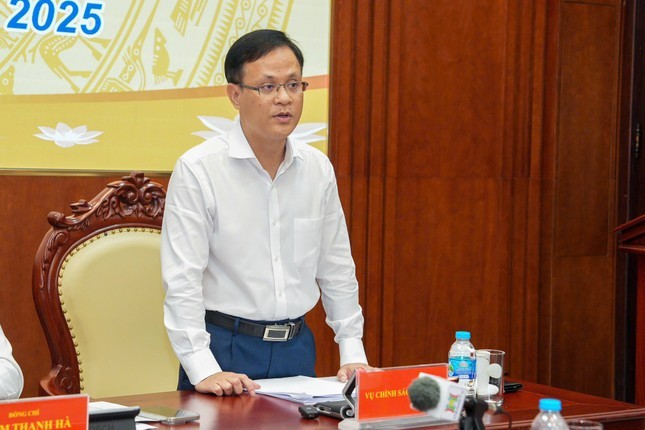
However, lowering interest rates also requires trade-offs. Although low interest rates increase access to capital, they will affect the profits of credit institutions. The government has directed banks to overcome income difficulties by lowering taxes and reducing bond issuance to support the economy.
On the other hand, the Director of the Monetary Policy Department analyzed that when VND is no longer attractive and USD is more attractive, organizations will switch to holding USD.
"Although our balance of payments looks stable and has a good surplus, the cash flow is converted very quickly, related to the continuous withdrawal of foreign capital in the stock market from 2024 until now," Mr. Quang emphasized.
Referring to the exchange rate and interest rate developments in the last 6 months of the year, Mr. Quang reviewed the information that on the same morning, the US President Donald Trump's administration announced the corresponding tax rates for 14 countries. He said that with this tax rate schedule, foreign direct investment (FDI) flows will be greatly affected.
According to Mr. Quang, our country's economy has great openness, a wide export market, especially exports to the US, so tax policies will greatly affect exchange rates and interest rates in the coming time when capital flows shift between countries.
In addition, Mr. Quang said that the policy of the US Federal Reserve (FED) is also worth paying attention to. Accordingly, the FED has delayed reducing interest rates twice due to the tax policy of the Trump administration. Inflation in European countries and Japan tends to decrease, but inflation in the US is very unstable.
Director Quang said that the FED's unpredictable interest rate management will have a big impact on the movement of interest rates and exchange rates.
Source: https://baolaocai.vn/vi-sao-lai-suat-ngan-hang-giam-lien-tiep-post648230.html



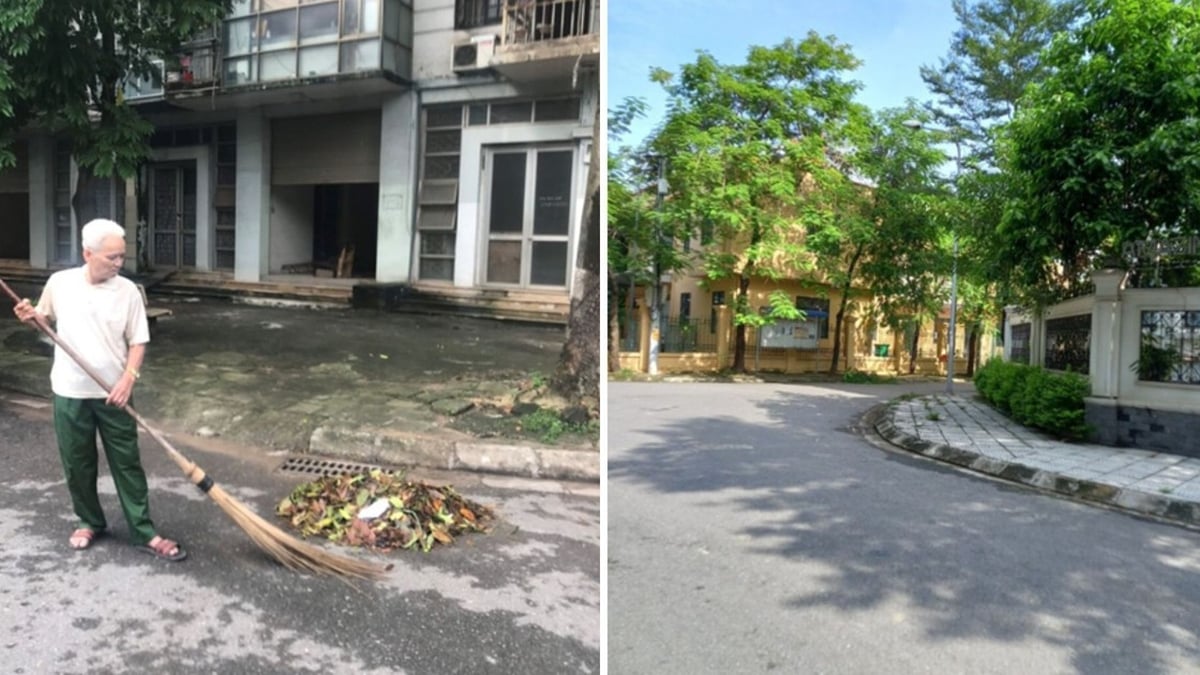






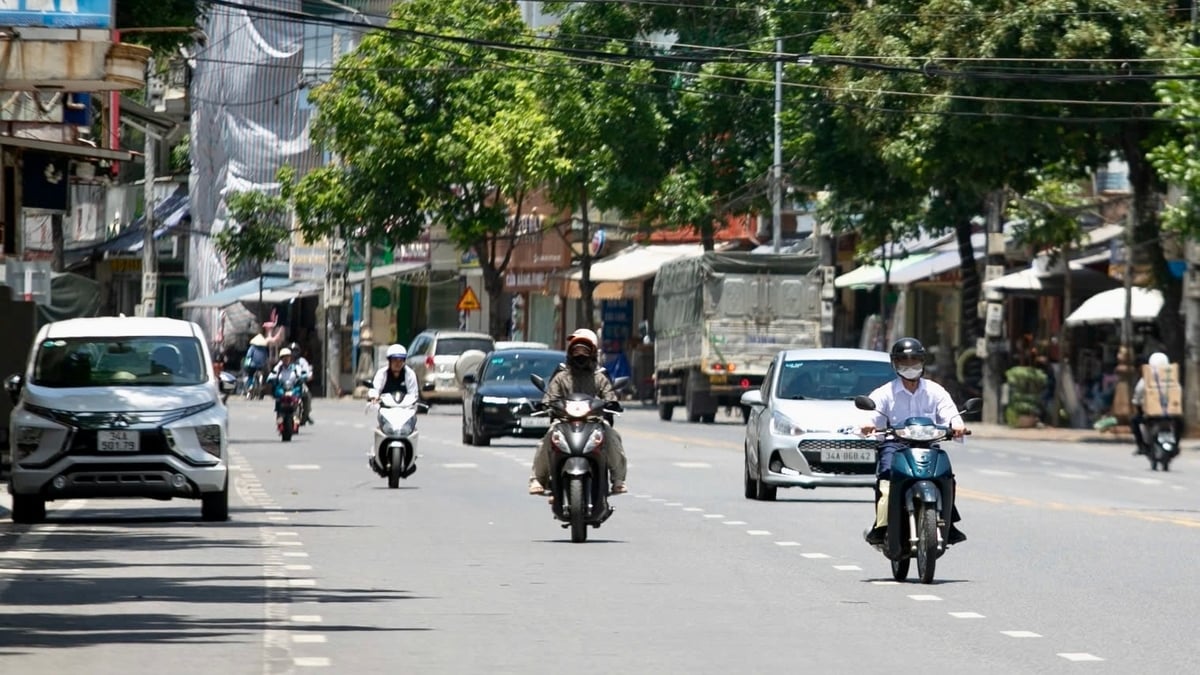
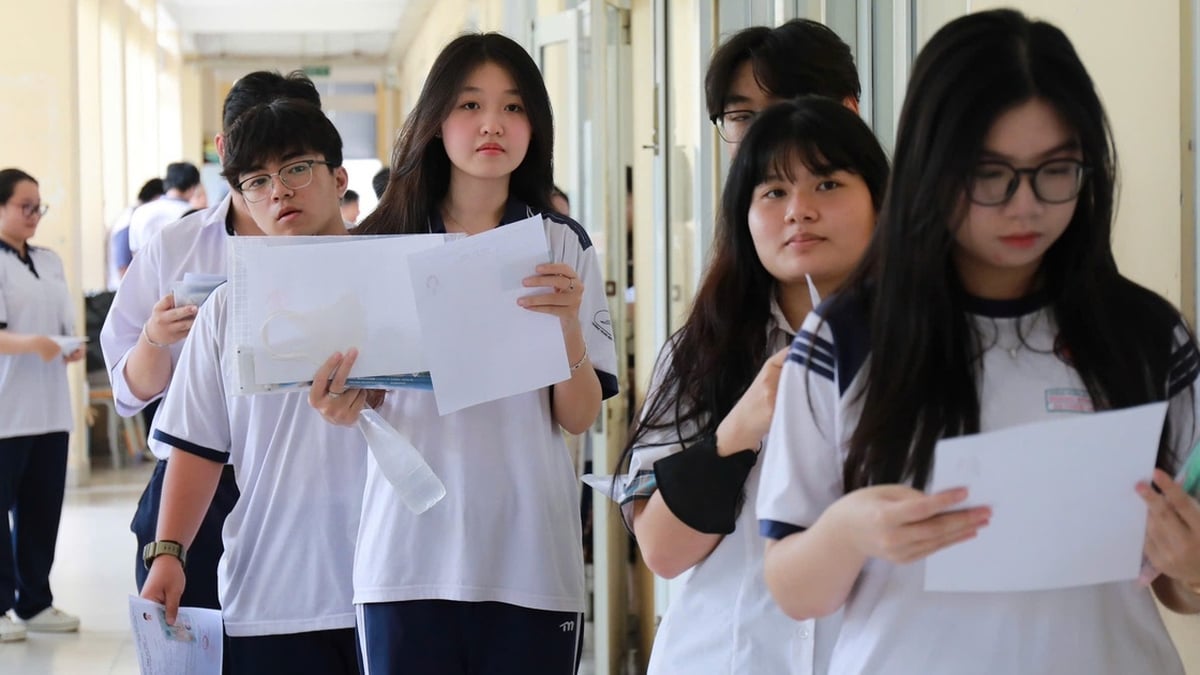




















































































Comment (0)